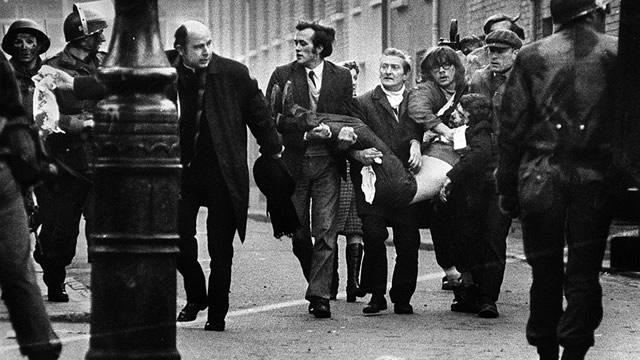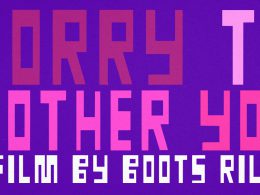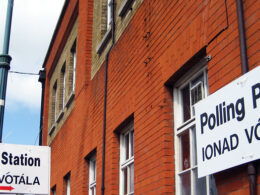By Kevin Henry
The events of Bloody Sunday in January 1972 – when British paratroopers shot dead 14 unarmed people taking part in a civil rights march in Derry – was one of the most horrific and defining moments of the Troubles. This brutal act of repression had the effect of pushing thousands of young people into the dead-end of the IRA’s paramilitary campaign.
For decades, the families of those victims were denied truth and justice. They faced a whitewash from the British government and a concerted effort to falsely claim those killed were IRA members. Eventually, in 2010, the Bloody Sunday Inquiry, commonly known as the Saville report, was published. Thirty-eight years after Bloody Sunday, David Cameron was forced to apologise for the actions of British army and government on that fateful day.
Senior officers must be held to Account
Now, police officers have finished interviewing former soldiers as part of their investigation into Bloody Sunday. Many of the victims’ families are eager to see prosecution of those soldiers that have been interviewed. This may provide some element of justice to these families but it wasn’t simply soldiers on the ground who were responsible for the killing on the streets of Derry. It was also the higher echelons of the army who sanctioned it.
One of the soldiers who gave evidence to Saville has written in his memoirs that on the night before Bloody Sunday, a lieutenant told his platoon: “We want some kills tomorrow.” Several weeks before Bloody Sunday, Major General Robert Ford – who was the commander of the land forces in Northern Ireland – said he supported the “shooting of selected ringleaders of rioters.”
These investigations and the campaigns of the Bloody Sunday families raise the broader question of dealing with the legacy of the past. The Socialist Party supports the right of all victims of the troubles and their families to win truth and justice. However, the proposals or lack of proposals in the Fresh Start and Stormont House agreements illustrates that the sectarian parties are incapable of providing this. They want only one-sided examinations of the past, seeking to justify their records and reinforce their positions.
The State’s Dirty War
Similarly, the British state is unwilling to expose their record to scrutiny. There are countless examples of collusion and police informants being protected, such as in the case of the Loughinisland massacre. However, this has been dismissed by former Secretary of State Theresa Villiers as a “pernicious counter-narrative.” Likewise, the families of the 11 civilians killed in the Ballymurphy massacre by the same regiment involved in Bloody Sunday continue to be denied truth and justice by the state 45 years on.
A genuine examination of the past would expose the role of the state, which employed vicious repressive methods for decades. It would also expose the role played by sectarian parties, paramilitary groups and individuals and set out the record of all the contending forces. This can play an important role in bring out the real lessons of the Troubles and ensuring that we do not return down the road of sectarian conflict again.











